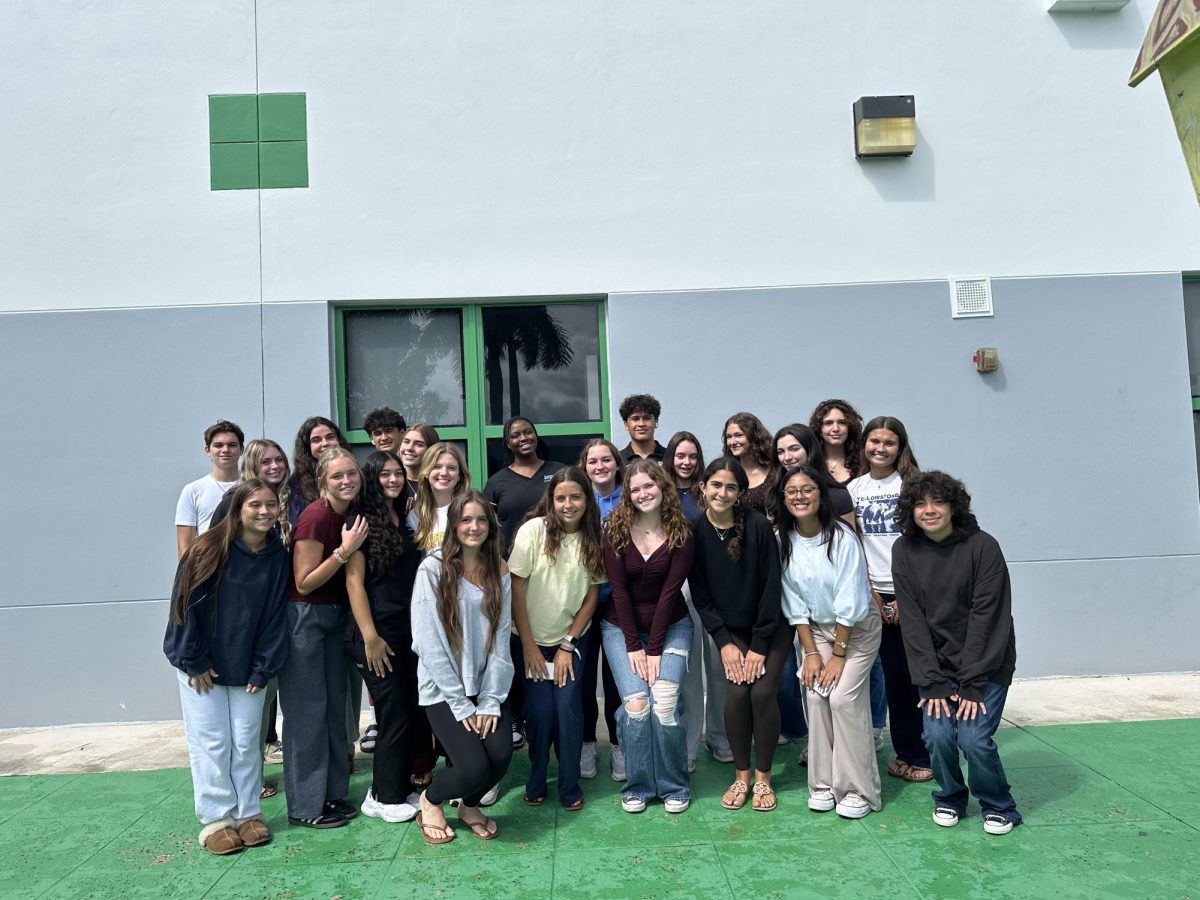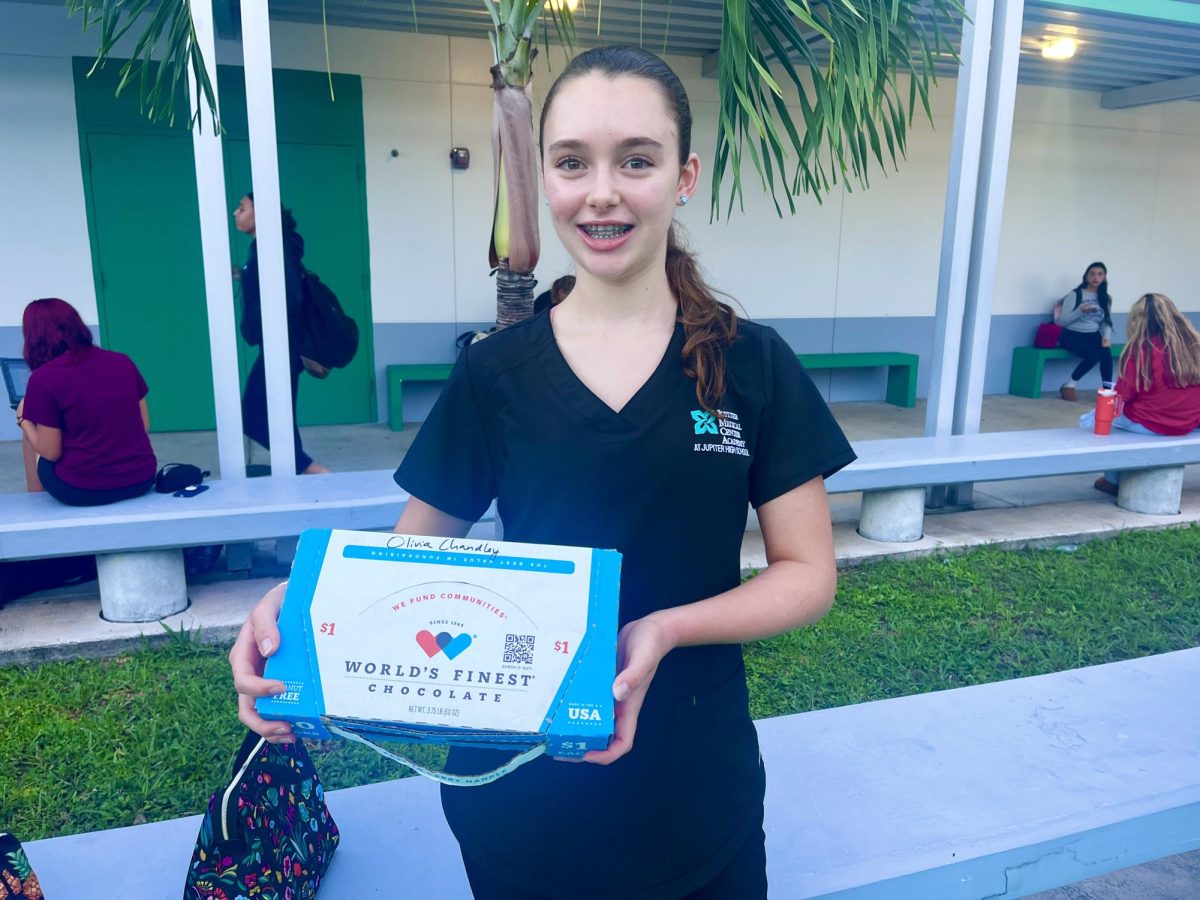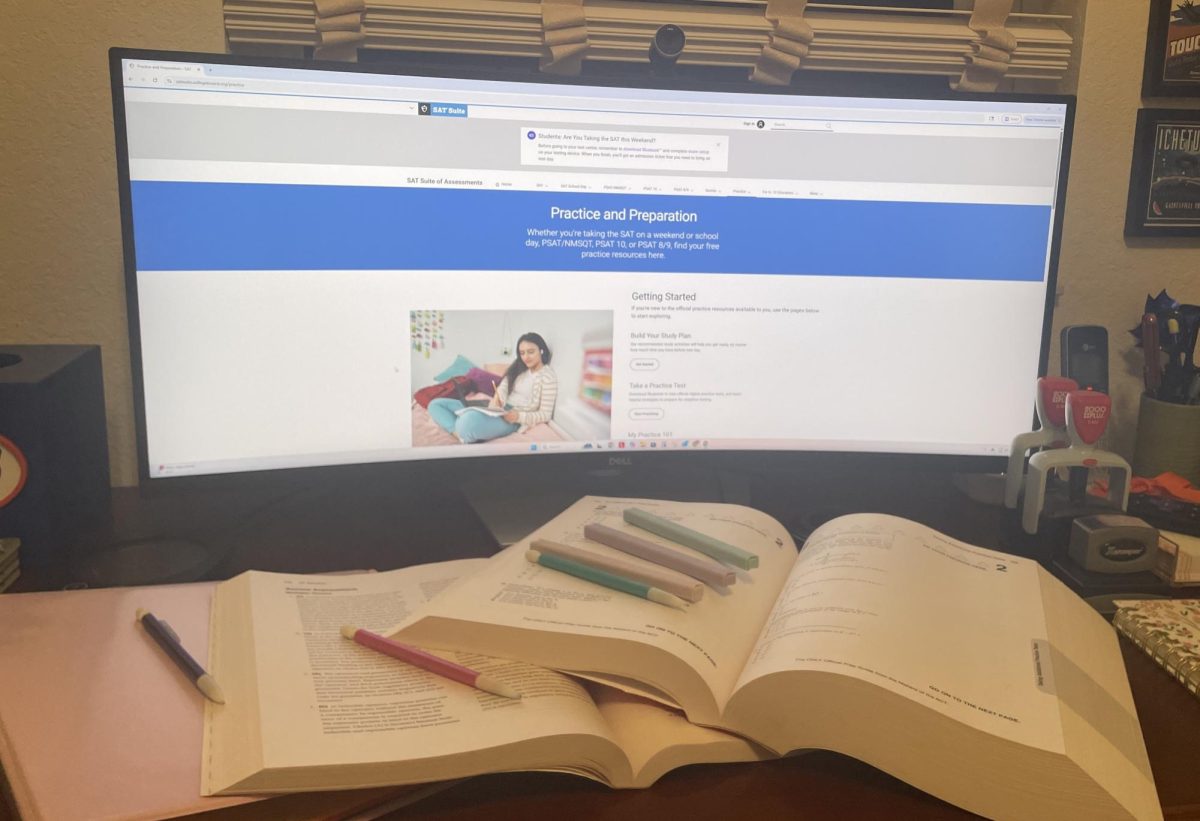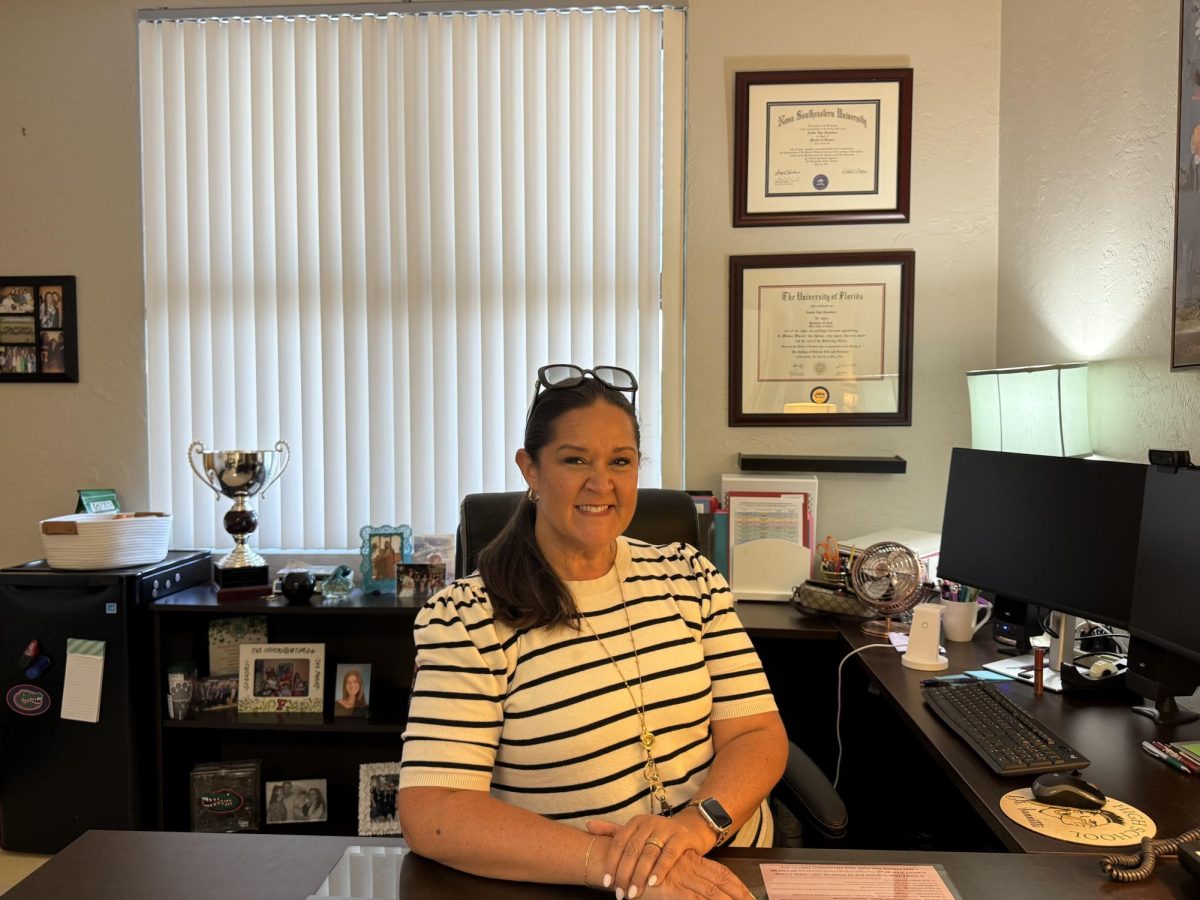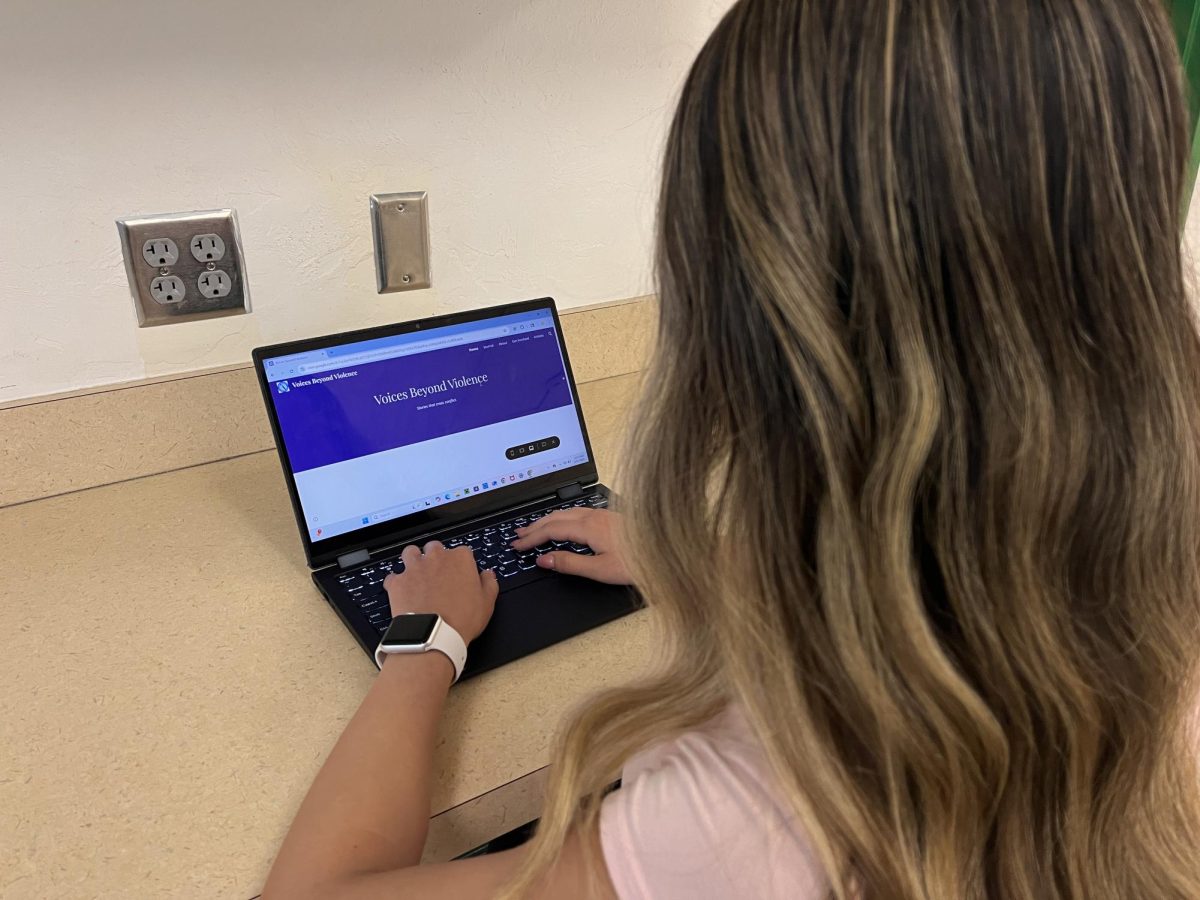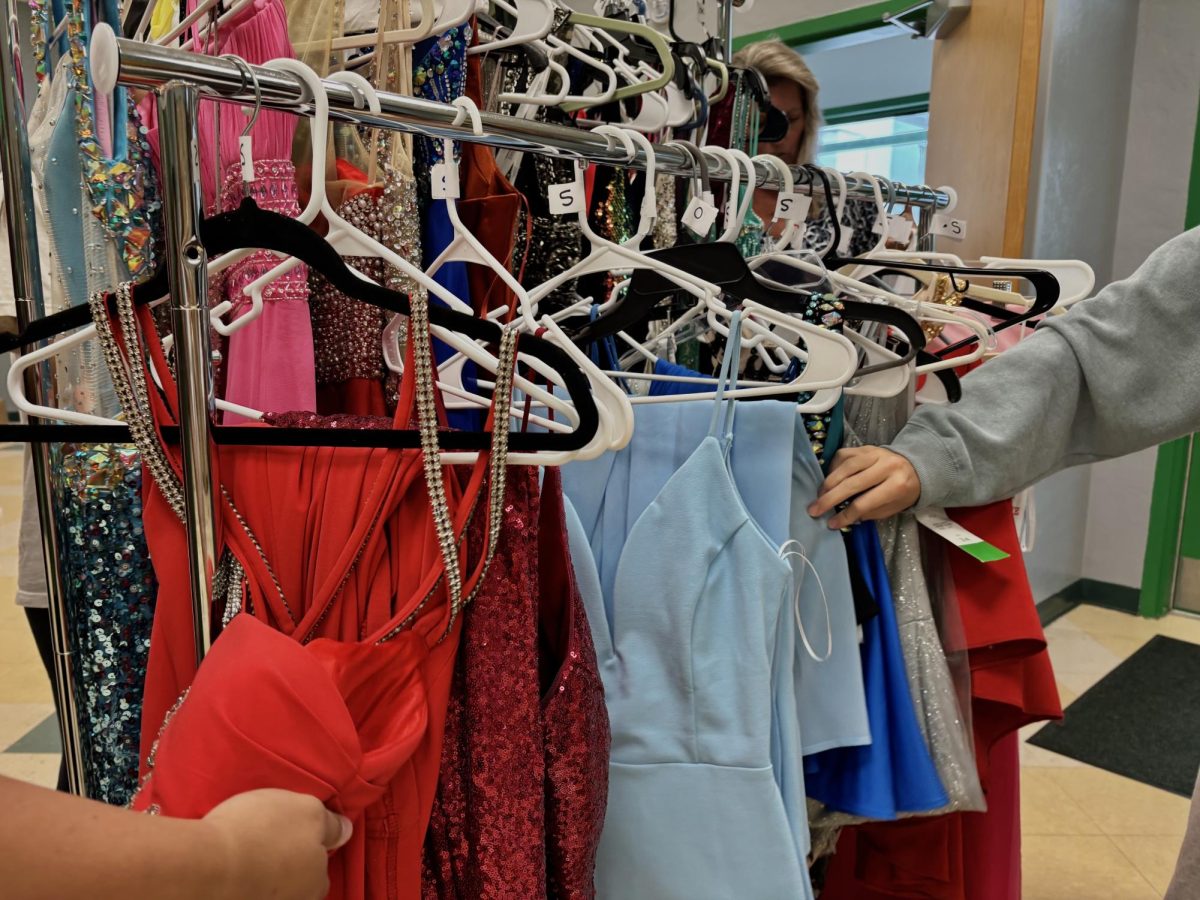Jupiter High School is taking steps to create a safe, inclusive environment for menstrual products. Students and staff are working alongside the club “PERIOD” in an attempt to end the stigma surrounding periods.
“A period happens once a month. It happens as a signal that your egg didn’t get fertilized so you’re not pregnant,” Peyton Ellis, Department Chair for Medical and Anatomy and Physiology teacher, said.
Shame surrounding natural body cycles like menstruation is normal for many teenagers, whether it’s the whispering when asking for a pad or hiding your tampon in your sleeve. PERIOD Club is not only allowing the conversation of change but taking action, all starting with pins.
“If you’re with the club and you support, you have a small white pin on your backpack. If you’re someone who can carry actual products to hand out you have a little red pin,” Mina Robinson, PERIOD Co-President, said.
The pins create a way to open conversation about periods and allow everyone who needs a pad or tampon to ask comfortably. Becoming a part of a community of females who are beating the period stigma. After this fulfilling goal has been accomplished girls in any situation are easily able to get a pad or tampon without hesitation.
“It’s a medically necessary product. If someone is bleeding from their finger most times a classroom would accommodate them with bandages,” Robinson said.
PERIOD Club Co-Presidents, Robinson and Ryan Choe, senior, decided not enough was getting done in a timely manner. Their plan for hygiene lockers strategically placed around the school was quickly put into fruition.
“There are designated lockers with locks on them, you just ask a hallway monitor for the code and you can access them easily,” Choe said.
Lockers are filled with assortments of tampons and pads which are kindly donated by students. Not only does this accommodate girls who may have gotten an unexpected flow, but also for those who can’t afford the necessary products needed for menstruation.
“We know we have students who may be too poor to buy a bunch of pads and tampons, that’s why PERIOD is here,” Robinson said.
An average of 240 dollars is spent yearly on women’s menstrual products. For some, 240 dollars isn’t within budget, leaving girls with unsustainable pads and tampons.
“I think anyone who has the means to donate [products] should do so. I wish there was a way to make it so tampons and pads didn’t cost so much,” Ellis said.
School is where students learn, educating both men and women on periods should be more prominent in high schools helping the new generation of women feel confident in their bodies.
“One of the most important things is to educate and teach both men and women. It’s not just a whisper girl to girl. You can speak in a full room,” Robinson said. “Be a girl’s girl, carry the products and don’t stigmatize it.”


